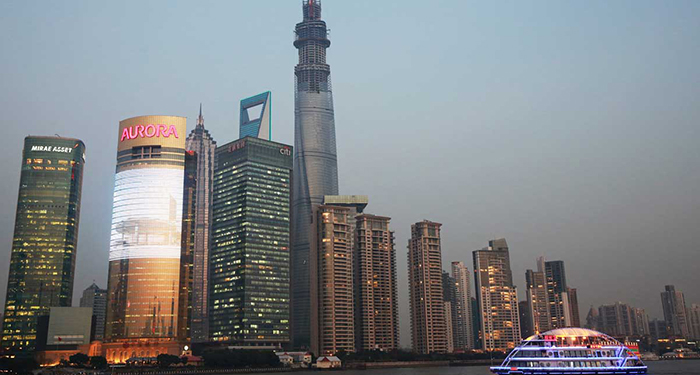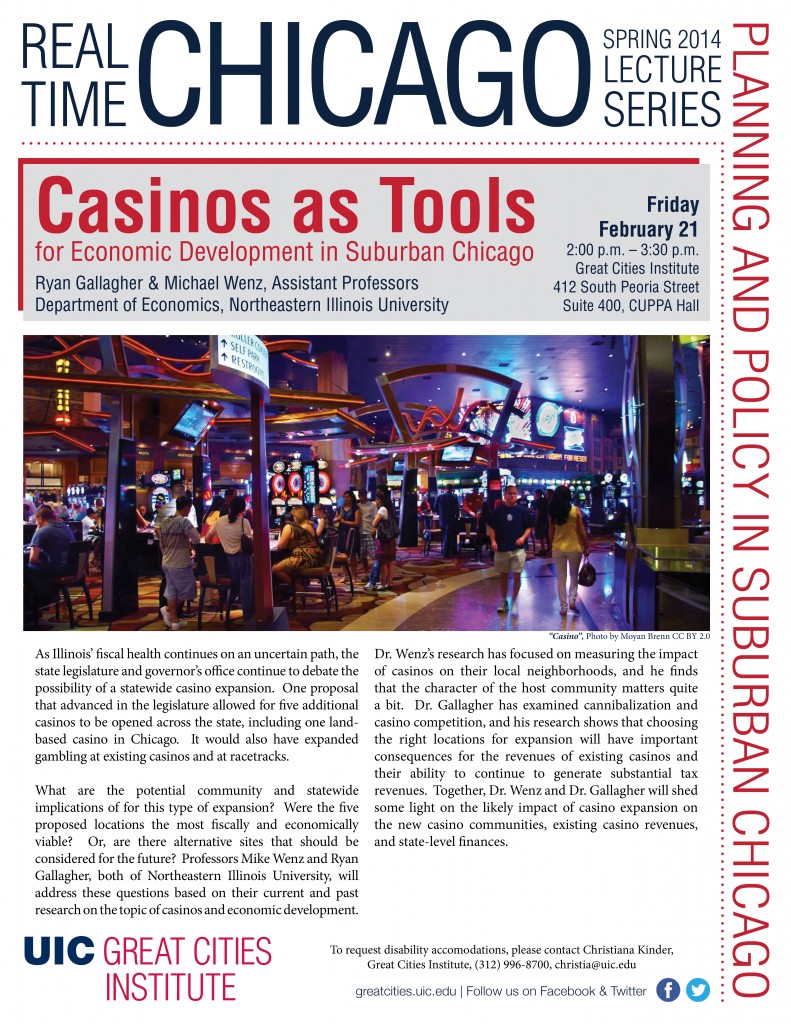
The Shanghai Tower soars above its neighbors on the Pudong skyline in Shanghai. When completed next year, the 2,073-foot-tall tower will officially become the world’s second-tallest building. John J. Kim, Tribune photographer
The Chicago Tribune quotes Yue Zhang, UIC assistant professor of political science, in the second article of a three-part series examining the role of Chicago architects in the growth and reshaping of China’s cities. Zhang is a former GCI faculty scholar, and will be speaking March 6, at noon on her new book here at GCI.
When Chicago architect Adrian Smith designed Shanghai’s first skyscraper to crack the 1,000-foot barrier, he envisioned a glistening tower inspired by ancient pagodas — a silvery shaft topped by an exultant spire that would scrape the sky, not be hidden by it.
But the wave of air pollution that struck China’s largest city in December played an unanticipated trick on the 1,380-foot-tall Jin Mao Tower and the rest of the gigantic Shanghai skyscrapers that symbolize China’s headlong rush into modernity: It made them disappear.
The smog attack, which burned throats, forced flight cancellations and prompted a run on face masks, marked the latest twist in a little-noticed global exchange that has remade the face of Chinese cities and revitalized recession-battered American architectural practices.
As China, the boom country of the 21st century, builds its urban dreams, it is turning to the boom city of the late 19th and early 20th centuries — Chicago. Yet this is not a simple, happy story of East meets West.
Full Story from Chicago Tribune » (Must be a Tribune subscriber to read or find the article in 2/26/2014 print edition, Section A1.)

